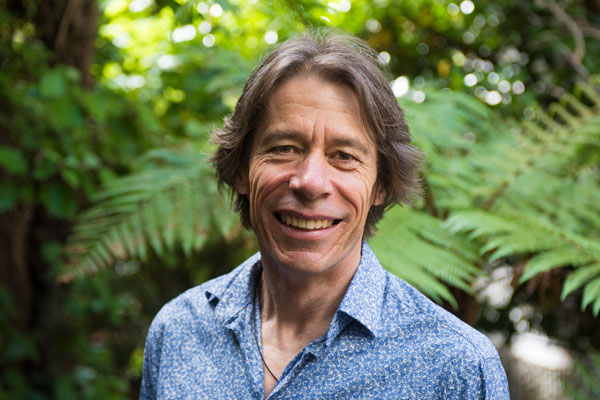KUCHING – Tasks and conversations in the classroom offers more meaningful language learning opportunity for students compared to reliance on textbooks or teacher based instruction.
This was the message Dr Johnathan Newton, a senior lecturer and director of the Bachelor of Education (TESOL) program at Victoria University of Wellington in New Zealand, conveyed to about 60 educators at the “Talking to learn in the English classroom” public lecture he conducted.
“When learners do real things with language, the language becomes real to them,” he said during the lecture at Swinburne University of Technology Sarawak Campus, recently.
Newton added that it emphasises the need to utilize meaningful tasks in the language classroom in order for them to successfully learn a language.
“Through talk, even the learner with limited English language resources can extend their language resources.”
Learners need to engage with meaning to develop a grammatical system, he said, and that the focus on form should come from doing real things with language.
His two-hour session was put together by Swinburne Sarawak’s Faculty of Language and Communication (FLC).
“We believe that the public lecture is necessary to boost English levels in Sarawak. Our emphasis is not only on high quality, engaged teaching and research, but also teaching and research that makes a difference in the lives of individuals and contributes to national economic and social objectives,” said Dr Ida Fatimawati Adi Badiozaman.
The FLC associate dean for diploma/degree and post-graduate program said that the university works closely with its industry partners and community to achieve outcomes that are directly relevant to industry and society.
“This event reflects our contribution to the community particularly in enhancing teaching and learning skills in the English language. The standard of English has been reported to decline progressively over the years, creating a significant proficiency gap between students in the urban and rural area.
“Clearly, there is a pressing need to review educational approaches in order to meet the complex demands of teaching and learning; and the individual differences often overlooked in a language classroom.”
Newton’s lecture was attended by teachers from public and private schools, teacher training colleges and polytechnics.
Newton has worked in language teaching and teacher education for 30 years in New Zealand, Malaysia and China. He has a strong international flavour, notably through his extensive work with language teachers and educational institutions from across the Asian region.


